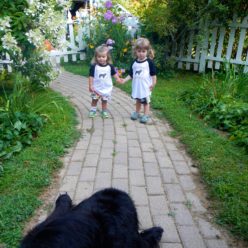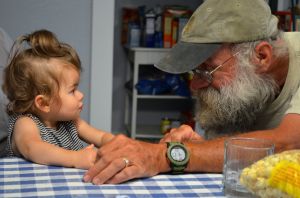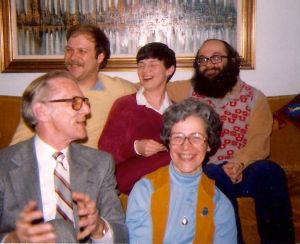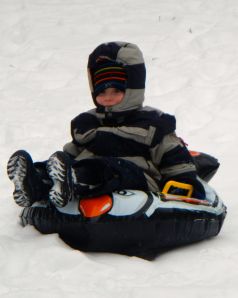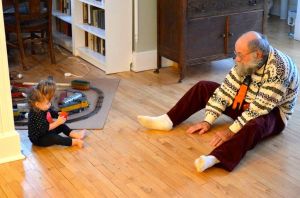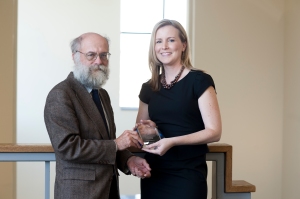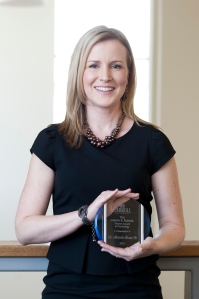Time to revisit Jane Hart’s Top Learning Tools list (7th edition) and her invaluable, newly updated Practical Guide—well worth purchasing, studying and using. I regularly consult it, especially the web-based version, when I am interested in trying to find a “right” tool for the particular type of learning experience I am seeking for me or for my students. In concert with Michelle Pacansky-Brock’s Best Practices for Teaching with Emergency Technologies, Susan Manning and Kevin E. Johnson’s The Technology Toolbelt for Teaching, Steve Johnson’s Digital Tools for Teaching, and Alec Couros’ Becoming a Networked Learner, these resources have demonstrably changed how I teach, how I learn, and how I “reach out” to others via social media. Clearly, as Curtis J. Bonk has evangelized, my world has been opened and expanded. The challenge is to find balance between tool use and the tools controlling me. For a horrific example of such a dystopia I recommend your reading Dave Eggers novel The Circle.
Though I have explored every year each of the 100 learning tools, I have no “favorite” tool. Which tool I use most is very much a function of the learning/teaching task I am engaged in, the discretionary time I allow myself for being online, the audience I am working with, and the particular computer/operating system I am using. All these factors change very quickly.
This year I am using the #1 tool Twitter much less often than last year (when I was an active Carroll Technology Fellow) I could see my use of Twitter increasing suddenly if I decide upon it as a tool of choice for communicating with my newly acquired and rapidly increasing global fellow-teachers. Since English for them is their strategic language of choice, limiting communication to 140 characters or less makes some sense.
Because of an increased need for collaborative work with on campus committees, cross-national collaborations, and with my student research group and because across the course of a day I move between a desktop PC, a desk top Mac, a laptop PC, a laptop Mac, and IPads, I am now using to a greater degree Tool # 2 Google Docs/Drive . Without Google Docs or a similar sharing capacity I would be plagued by not remembering upon which machine I stored information needed to be shared.
Clearly my International colleagues (and my students) are more facile with the use of YouTube, Tool #3 and have much to teach me about its value (or lack of value) as a learning tool. Jane’s Practical Guide often includes YouTube links which I have found quite useful as an additional modality of learning how to use technology learning tools.
Tool # 4 Google search is my search engine of choice though I grossly under-use the sophisticated and nuanced search capabilities it provides.
I intentionally under use Tool # 5 PowerPoint (see the preceding link about the evils of PowerPoint!). Tool # 6, Evernote, is one I keep intending to master and yet, the Kindle book version about it and Quick Guides about it remain neglected pixels on my screens. I even am using some Skype-recording apps which can export into Evernote—and I have found a number of occasions where I need to use Skitch to annotate a web page . Maybe I need to read and heed this link.
I have the same usage problems with Tool # 7, Dropbox. I have it—it exists in the background of all my machines, but I have failed to devote the time to master it. So many tools; which ones deserve my time?
Tools # 8 (WordPress), # 9 Facebook, #12 (LinkedIn), and #13 (Skype) now play an integral role in my teaching, learning, promulgating, networking modus operandi. I’m still struggling with finding additional value from further investigating Tool # 10 Google+ and Hangouts (they just are too informal or duplicative in function with other tools) for my present perceived needs. I have ignored learning Tool # 11. Moodle since I find such LMS structures constraining
Help me out. Help me learn. Which of these tools have you used? What am I missing in discovering their utility for teaching and learning? Which would be most useful in advancing my interests in cross-national cross-generational teaching and learning?
Which develop skills that all global citizens should be familiar with?
